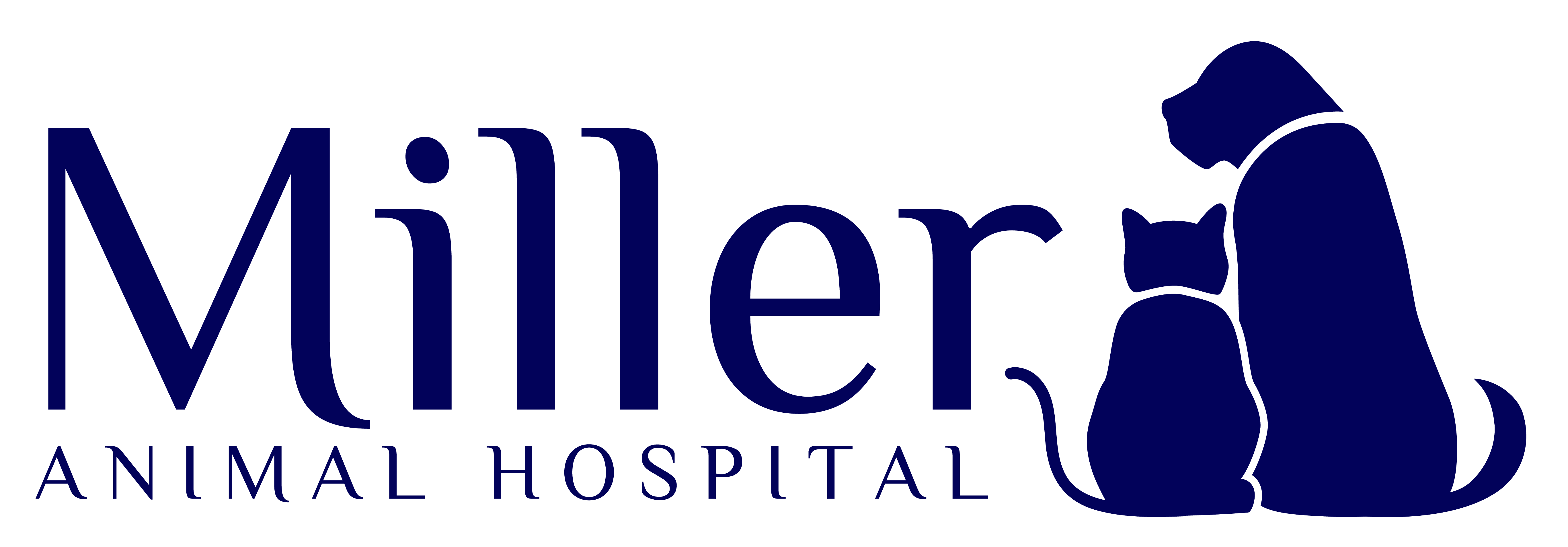
Rabbits are susceptible to a variety of diseases and conditions, including overgrown teeth, hairballs, parasites, and cancer. They also tend to hide signs of illness or pain.
Contact us if your rabbit:
- Has discharge from the eyes or nose, runny stool, or a gurgling stomach
- Has an elevated or low temperature
- Begins drooling, scratching at the ears, or sneezing
- Starts tilting his or her head
- Develops bald patches in his or her fur
- Stops eating, appears overly quiet, or shows other abnormal behavior
In addition, your rabbit can benefit from regular dental checkups. We can help make sure problems with your rabbit’s teeth don’t turn into serious, potentially life-threatening conditions.
We also strongly suggest that you have your rabbit spayed or neutered. Not only can rabbits potentially give birth once a month, but they can also have up to 14 babies at a time! Even in households with a single rabbit, spaying or neutering has plenty of benefits: It can protect your rabbit from several types of cancer and reduce or eliminate aggression, as well as other undesirable behavior, such as spraying, mounting, destructive chewing, and biting. Spaying or neutering will not change your rabbit’s personality.
If you have any questions about how to best care for your rabbit, we’d be happy to discuss proper diet, housing, grooming, and even litterbox training.


